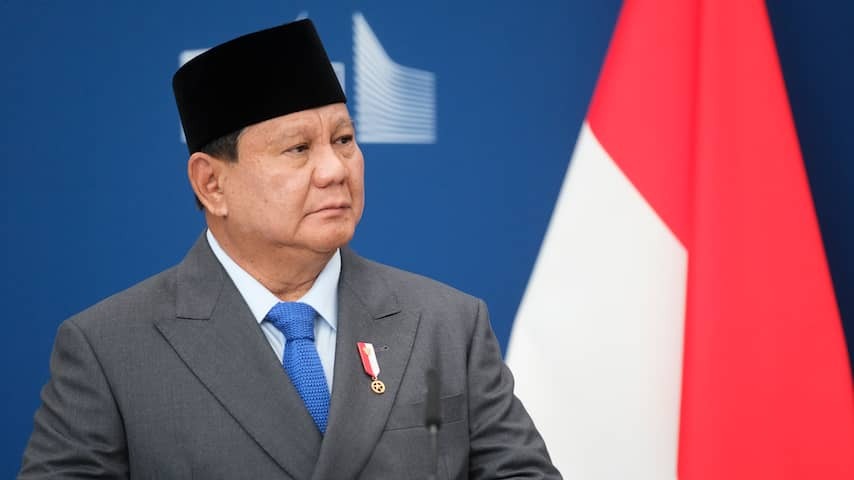
The United States and Indonesia have reached a deal on their mutual trade in goods. It is the fourth agreement that President Donald Trump has concluded, after agreements with the United Kingdom, Vietnam, and a preliminary agreement with China.
The US and Indonesia have agreed that American companies must pay 19 percent tax to the American government if they buy Indonesian products.
Conversely, Indonesia will no longer levy taxes on the import of American goods. It currently does for a number of industrial and agricultural products.
Trump had previously threatened a 32 percent levy on Indonesian goods if a deal was not reached. Now there is a lower levy of 19 percent instead.
According to the American president, it has also been agreed that Indonesia will buy fifty Boeing aircraft and additional energy and agricultural goods. The Indonesian government, led by President Prabowo Subianto, has not confirmed this.
US wants to conclude many more deals
Concluding deals is part of Trump’s trade policy. He imposed levies on goods from almost all countries in the world at the beginning of April. Shortly afterwards, he lowered those levies for a period of three months.
The president wanted to use that ninety-day pause period to conclude ninety deals. By the time the deadline expired, three agreements had been concluded. Now a fourth has been added. The Americans hope to conclude more deals in the near future.
For example, the European Union is still in negotiations with the American government. Brussels hopes to reach an agreement before August 1. If that fails, Trump threatens to introduce levies of 30 percent on all European goods. The EU has already threatened countermeasures.
Medical products may also face levies
High American levies on pharmaceutical products from other countries may also come into effect at the beginning of August. Trump recently told reporters that he has plans for that. Levies on semiconductors may also be added. The president is considering a transition period of one year, with lower rates. After that they will go up. It is not clear what percentages he has in mind. He has the same timeframe in mind for semiconductors.
With his levy policy, Trump wants to make foreign products more expensive for Americans, so that they more often choose American alternatives. In addition, he wants to entice foreign companies to open a factory in the US, in order to create jobs.
Furthermore, he wants his policy to force other countries to lower their levies on American goods, which makes American products cheaper for foreign countries. The levies should also fill the treasury, so that he can finance tax cuts.
Economists question this policy. They mainly fear inflation, because foreign goods become more expensive for Americans. The expectation is that American companies will not be able to produce enough to replace all foreign products. And for the items that they can make, the labor costs may be a lot higher.
In addition, it is questionable whether many companies will decide to move their factories to the US, because that involves quite a bit. There is also a risk that those companies will still have to pay levies if their suppliers do not move with them.